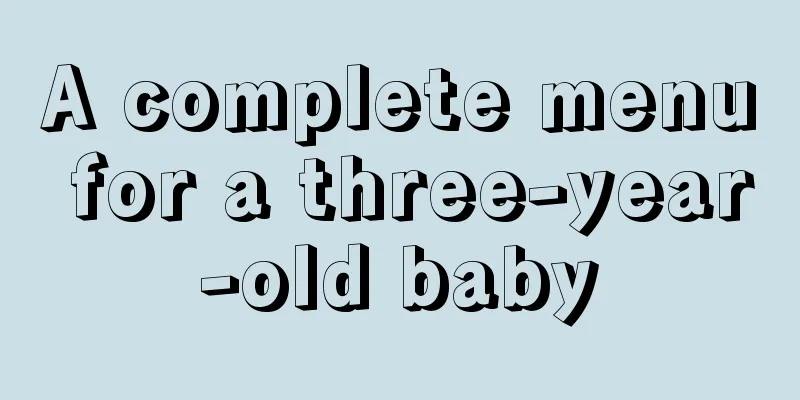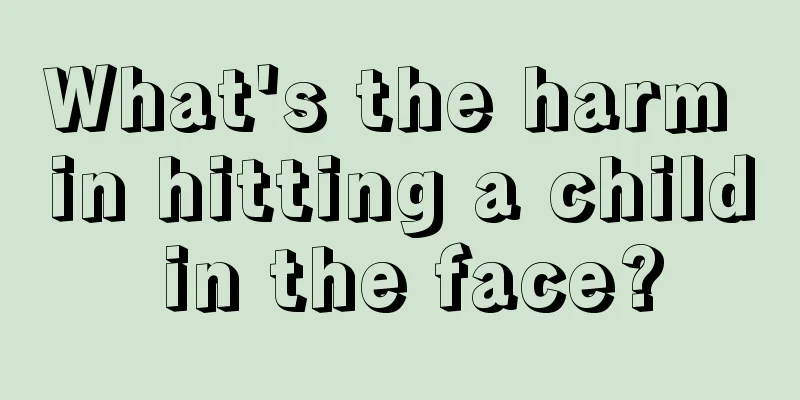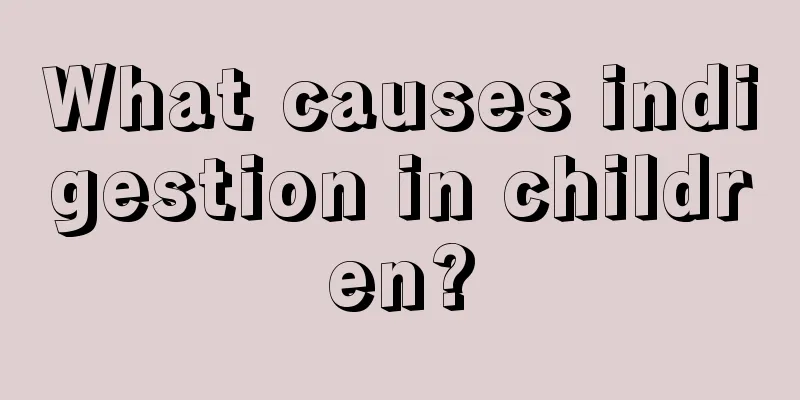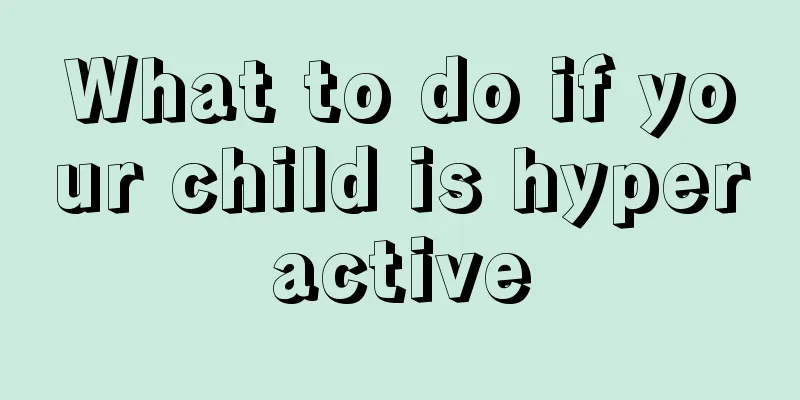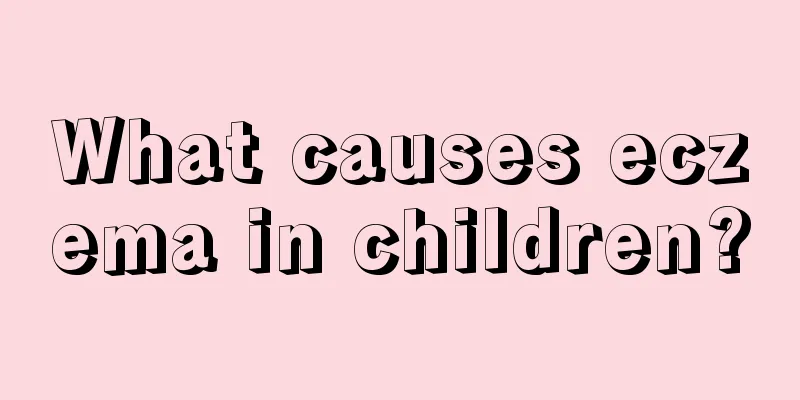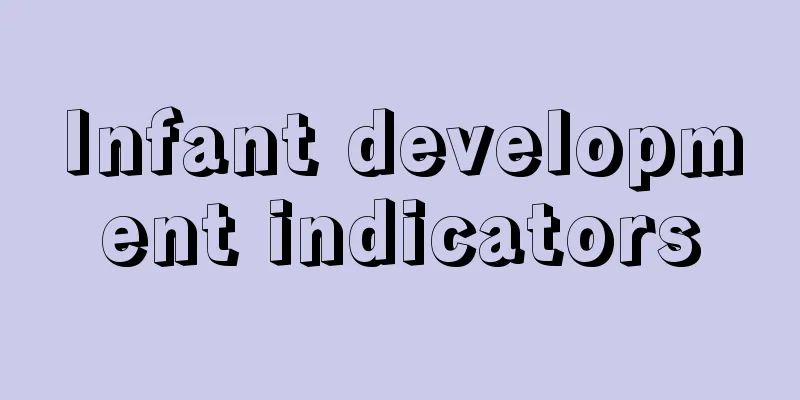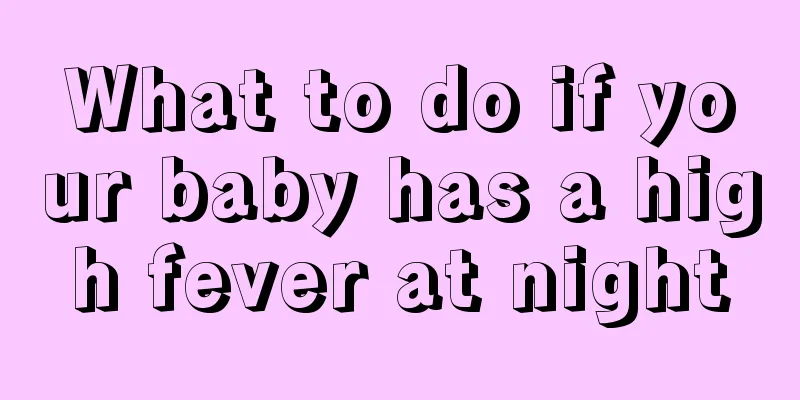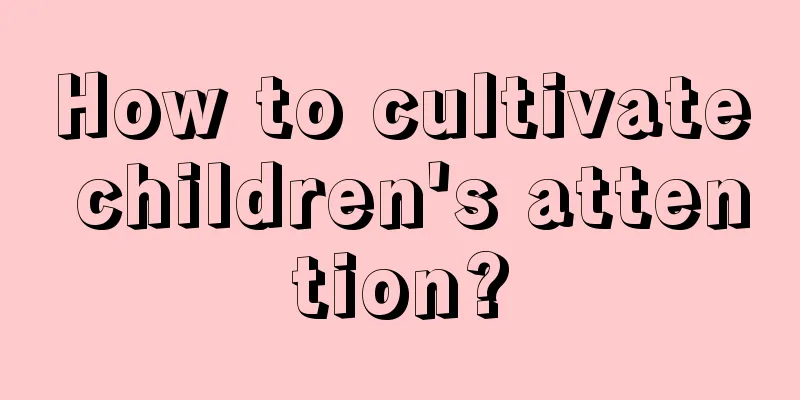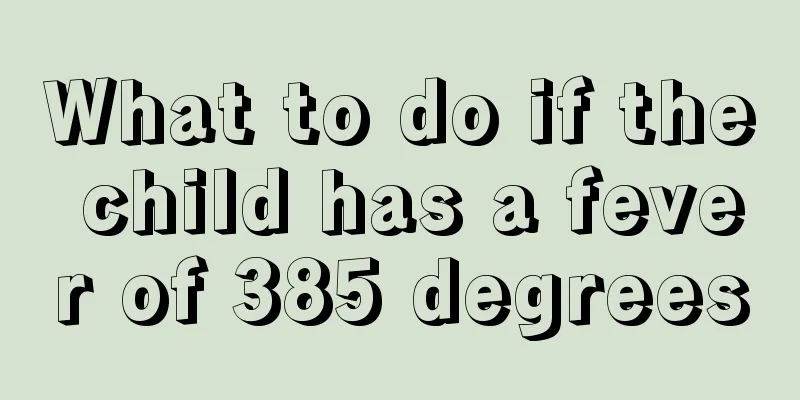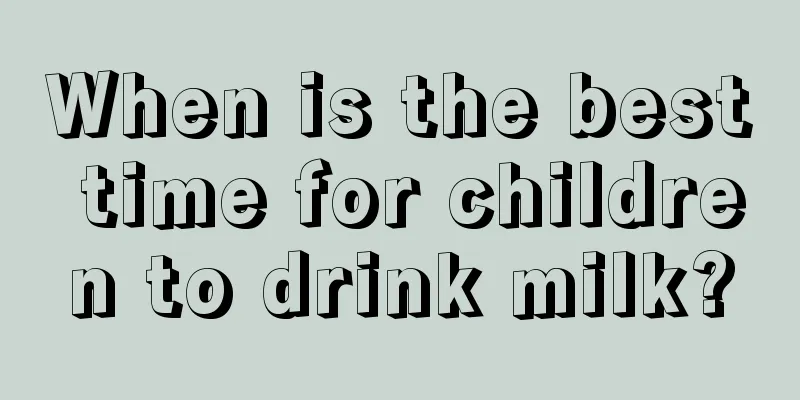What are the symptoms of rhinitis in a three-year-old baby?
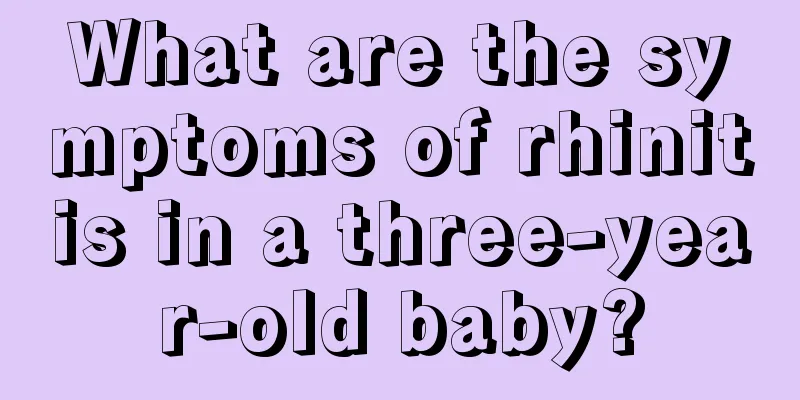
|
Babies have relatively poor physical resistance. If parents are careless and do not take good care of their babies, the babies are likely to develop rhinitis. If a baby at home suffers from rhinitis, parents must adjust the baby’s living environment, keep warm when the weather is cold, pay attention to the child’s nutritional supplements, etc. So what symptoms will a baby around three years old have if he suffers from rhinitis? Symptoms of rhinitis in three-year-old babies: The baby is a little grown up, but in the child's baby, the baby's resistance and immunity are still relatively weak, such as weather changes, especially children are prone to respiratory infections, alternating cold and hot colds and fevers, etc., it is possible that if it is a small baby in the body, plus various things. When this happens, rhinitis is very likely to occur. So what are the symptoms of rhinitis in a 3-year-old baby? What are the symptoms of rhinitis in 3-year-old babies? Symptoms of rhinitis in children include a large amount of clear watery nasal discharge. Children with rhinitis will have a lot of mucus pouring down their noses when they sneeze. However, when the acute pediatric rhinitis reaction tends to weaken or disappear, the discharge may decrease or become thicker. If secondary infection occurs, it may become a sticky purulent discharge. How to treat baby rhinitis? If a child has rhinitis, it is best to use a treatment without side effects. In addition to common treatments, you can wash the child's nose with saline. Normal saline is enough. It has no side effects and the effect is slower than medication. However, for rhinitis without nasal hypertrophy and nasal polyps, insisting on washing the nose is very effective. Usually you can maintain your nasal cavity well to reduce the chance of recurrence of rhinitis. The treatment of rhinitis itself is a long process. The medicine contains hormones, and long-term drug treatment is not recommended as it may cause side effects, dependence or drug resistance. Just keep washing your nose with saline. Symptoms and signs of rhinitis The precursors of rhinitis can be roughly divided into several types: sneezing, clear nasal discharge, itchy nose, nasal congestion, loss of smell, and headache. 1. The child's nasal ventilation will be affected, so the oxygen content entering the child's body will be reduced, which will cause the blood saturation in the child's body to gradually decrease, and will also cause hypoxia in the child's organs, which will affect the child's physical development. 2. If children's rhinitis is not treated for a long time, it may cause poor memory and reduced intelligence. At this time, the child may have regular cyclical headaches and sometimes dizziness. 3. After a child gets rhinitis, his nose may be blocked and he will breathe through his mouth. The outside air, especially some polluted air, will directly irritate the child's throat, which can easily cause various respiratory infections. In addition, long-term mouth breathing will also affect the development of facial muscles. |
<<: Symptoms of weak spleen and stomach in infants and young children
>>: What are the symptoms of trace element deficiency in children?
Recommend
What is the range of low fever for babies?
Many parents do not know the difference between l...
Why does a baby cry before pooping?
Why does the baby cry before pooping? This is a v...
What should I pay attention to when I have pharyngitis in children?
Pharyngitis is also relatively common in children...
The harm of picky eating in children
I believe that as parents, we can fully understan...
What are the symptoms of food fever in children
Children's fever is related to diet. It has c...
How to correct baby's sleeping with milk
Many parents often have insufficient milk after g...
How to judge whether a child has tooth inflammation?
Many children often suffer from tooth inflammatio...
What happens when a child vomits acid?
Careful parents may find that their children vomi...
Two months old baby's tongue is white
Even parents who have no experience in raising ch...
Is it good for children to take calcium tablets?
Calcium tablets are a type of food that can suppl...
child
We all know that children's bodies are genera...
What causes newborns to spit?
Babies are the cutest when they are two or three ...
What is the standard for childhood obesity?
In modern society, there are more and more obese ...
Children's nutritional diet recipe steps
Children's nutritious diet recipes are of spe...
What should I do if I have a cold and a fever?
The weather in this season is hot and cold, and t...
